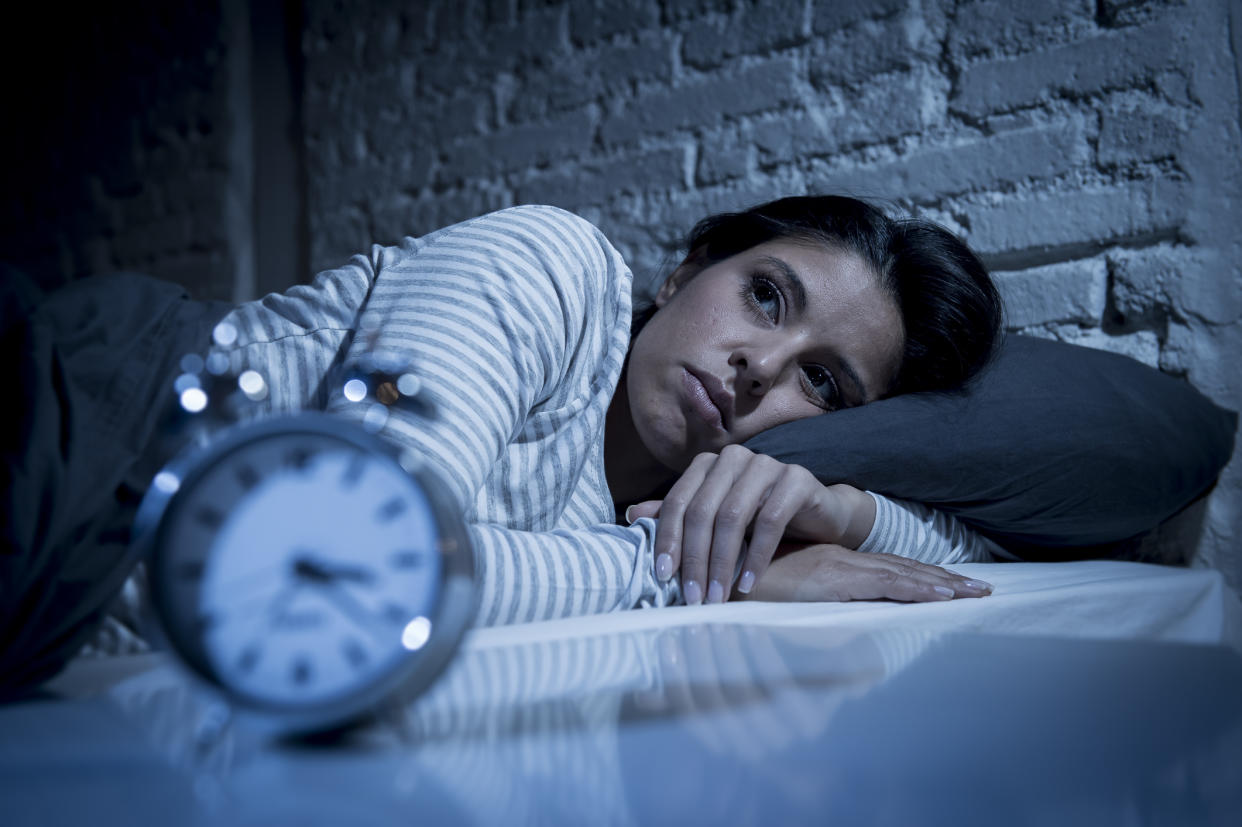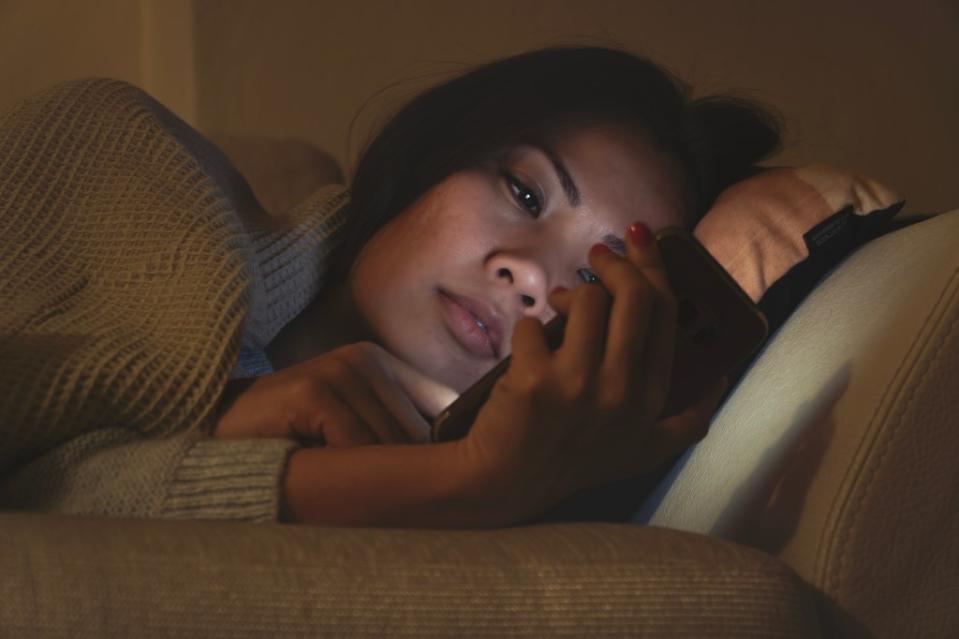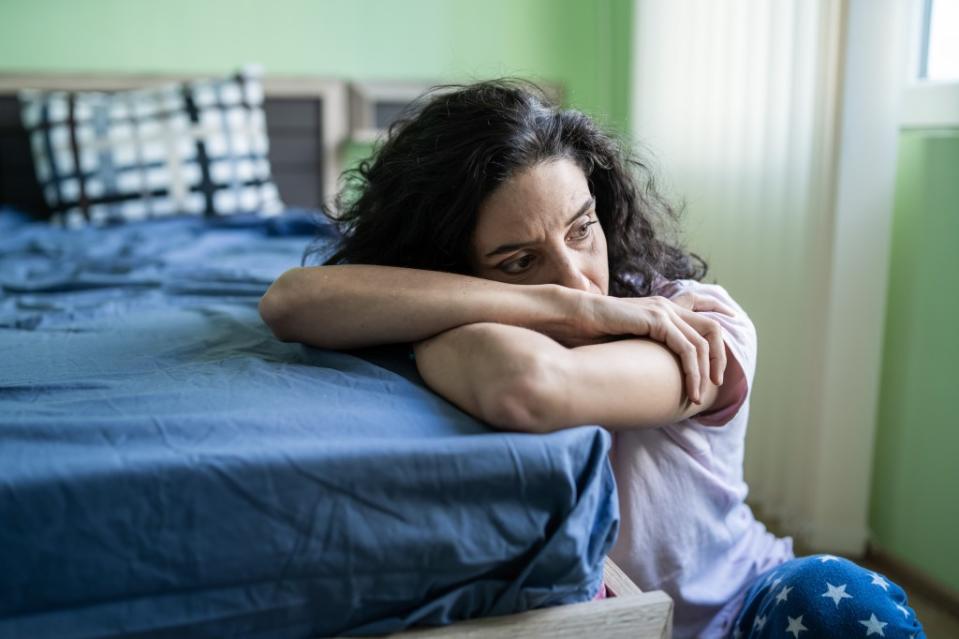Women are sleeping less and are more stressed out than ever: Gallup poll

People are sleepless in Seattle and the rest of the US, according to a Gallup poll.
The poll found that a majority of American adults, 57%, say they aren’t getting enough sleep at night. Just 42% say that they’re getting the sleep they need.
Conducted in December, the poll’s results are almost exactly the opposite of the 2013 poll, in which 56% of Americans said they got the sleep they needed and 43% didn’t.

Women are getting less sleep than men. The poll found that 36% of women and 48% of men said they were getting the sleep they needed. Younger women reported getting the least amount of sleep. Just 27% of young women said they got good sleep compared to 46% of young men. The gender sleep gap was less prevalent among older women, with 44% who got enough sleep compared to 51% of older men.
The poll asked participants to track how many hours of sleep they were getting per night. Various experts recommend getting at least eight hours, but only 26% of those polled reported sleeping that much.
A little over half, 53%, said they got six to seven hours a night, and 20% said that they got five hours or less.
This is a major difference from sleep data from 1942, when 59% of Americans were getting eight hours of sleep and only 3% reported getting 5 hours or less.
Researchers said things like shifting cultural norms and stress could contribute to society’s lack of sleep.
A senior researcher at Gallup, Sarah Fioroni, noted that more people today believe good sleep contributes to good health, and with that, people are more likely to report getting less sleep.

“That five-hours-or-less category … was almost not really heard of in 1942,” Fioroni told the AP. “There’s almost nobody that said they slept five hours or less.”
Joseph Dzierzewski, vice president for research and scientific affairs at the National Sleep Foundation, told the AP that there used to be “this pervasive belief about how sleep was unnecessary — that it was this period of inactivity where little to nothing was actually happening and that took up time that could have been better used.”
The Gallup poll noted the correlation between lack of sleep and stress, citing the American Psychological Association, which found that those who sleep less are more stressed and those who are more stressed sleep less. The poll found that 63% of people who said they wanted more sleep also said they suffered from stress.
Americans’ stress levels are on the rise, particularly among women. Last year, 53% of women reported feeling stressed compared to 45% of men.
Younger women reported feeling the most stress. Their stress levels exceeded those of men their age by 14 percentage points and older women’s levels by 29 points.
Sleep and stress are also related to overall well-being.
“Gen [Zers] who report having enough time to sleep and relax are twice as likely to say they are happy as those who do not get enough sleep or relaxation,” the poll authors wrote.

